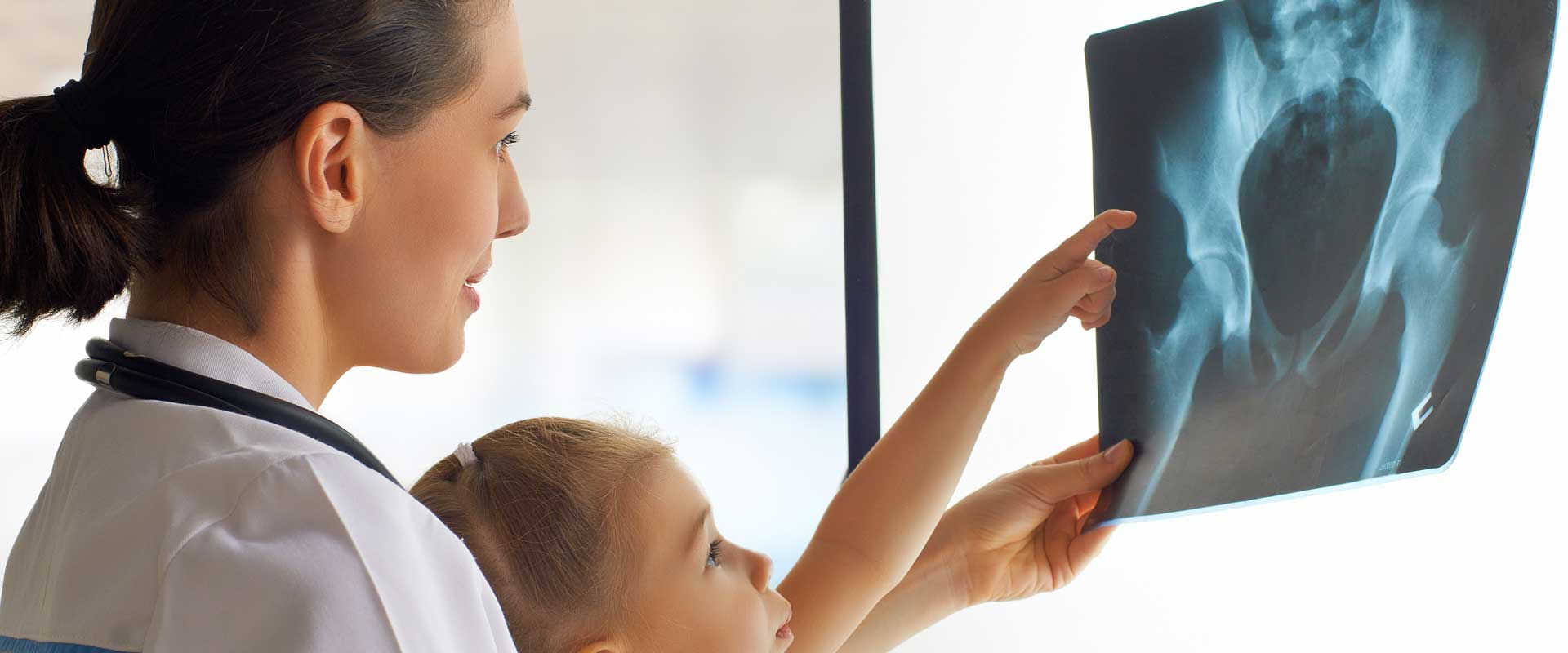



The aim of the CORI Centre is to improve immediate and long-term outcomes and quality of life for children diagnosed with an orthopaedic condition. The most complex decisions in paediatric orthopaedic surgery centre around the question of whether or not a child needs an intervention to prevent immediate or future pain or disability, and if they do, which intervention will bring about the best outcomes.
However, for many paediatric skeletal conditions, it is very difficult to predict the future success of the intervention (or no intervention). We propose a multi-pronged data-science approach to improving outcomes and quality of life for children diagnosed with a musculoskeletal condition which may require a surgical or non-surgical intervention. The research will develop machine learning and data science approaches to determine why a child has developed an orthopaedic condition, whether a child should undergo an orthopaedic intervention, and which intervention is needed when, based on the risks and benefit for the child both now and in the future, and taking into account their age, sex, and any comorbidities.
We have assembled an outstanding team of academic and clinical collaborators including specialists in statistics and data science, radiology and patient & public involvement (PPI). The Principal Investigators come from specialties including orthopaedic surgery, biomedical engineering, radiology, endocrinology, statistics & data science, and veterinary medicine.
Across the highlighted projects, common methodological approaches core to the research include: